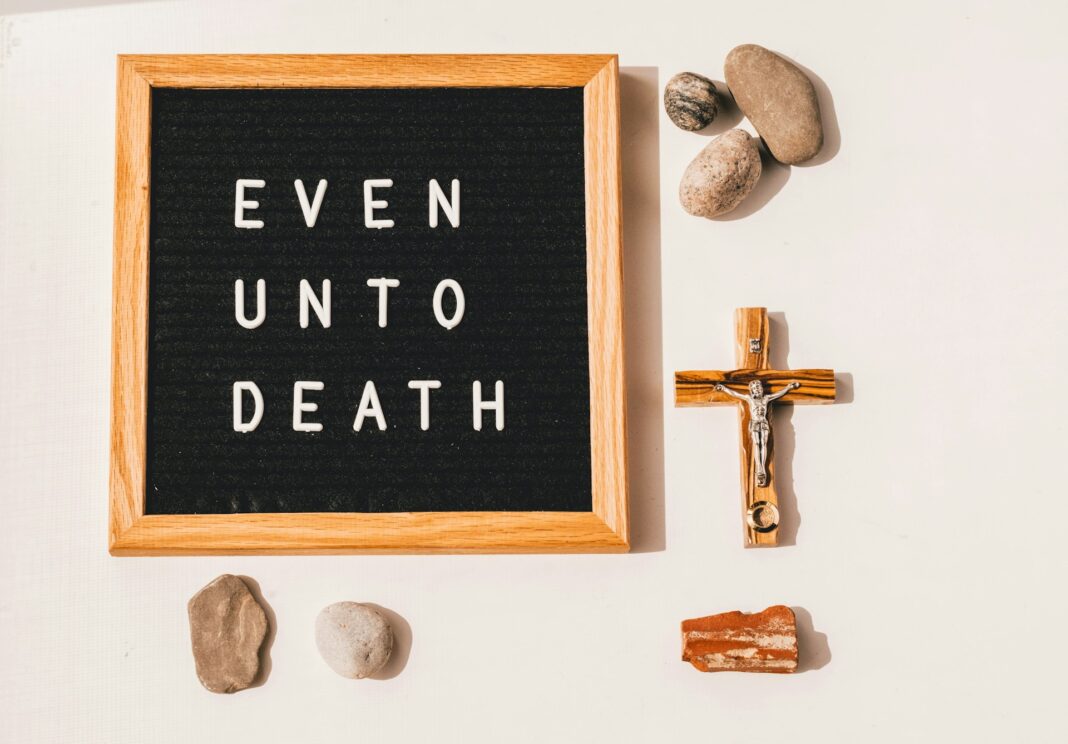We’re often told to avoid the Seven Deadly Sins at all costs—as if simply naming them will keep us safe from their grip. Pride, Greed, Lust, Envy, Gluttony, Wrath, and Sloth: these aren’t just old religious warnings—they’re timeless reflections of human nature. But instead of just treating them like red flags, maybe we can learn something deeper from them.
Sometimes, the best advice doesn’t come from ignoring our flaws. It comes from understanding them.
Here’s what each of the Seven Deadly Sins can teach us—if we’re willing to listen.
1. Pride: Don’t Build a Throne on Sand

Pride tells us we’re better than others. It whispers that we don’t need help, that we’re above criticism. But the truth? Pride builds walls between people—and worse, it isolates us from growth.
Advice: Be proud of yourself, not above others. Confidence and humility can coexist. Ask for feedback. Celebrate wins, but stay grounded enough to learn from your losses. You’re not always right—and that’s okay.
Pride unchecked becomes arrogance. But pride understood becomes strength tempered with empathy.
2. Greed: The Trap of “Just One More”

fikry anshor
Greed is the insatiable hunger for more—more money, more success, more likes, more everything. But “just one more” never satisfies. It leaves us emptier than we started.
Advice: Ask yourself: When is enough actually enough? You don’t have to chase every opportunity. Sometimes, peace is found not in accumulation but in contentment.
Wanting more isn’t evil. But when your wants eclipse your values, it’s time to pause. Let your ambition be guided by purpose, not by possession.
3. Lust: Passion Without Purpose

Lust isn’t just about sex—it’s about intense desire without depth. It craves connection, but only at the surface. It promises fulfillment but often delivers emptiness.
Advice: Learn the difference between chemistry and connection. Passion is powerful, but it needs direction. Wanting someone or something is natural—using that desire to build something real is mature.
Don’t chase fire for its heat alone. Build fires that keep you warm, not ones that burn your bridges.
4. Envy: The Green-Eyed Mirror
Envy makes you look at someone else’s life and ask, “Why not me?” It convinces you that someone else’s success is your failure. It turns admiration into resentment.

Ben Iwara
Advice: Use envy as a mirror. When you feel jealous, ask yourself what it’s trying to reveal. Do you want what they have? Or do you just wish you had their confidence? Their freedom? Their drive?
Envy can be a clue about what you value. Instead of letting it poison you, let it point you toward your own goals.
5. Gluttony: Filling the Void

J E S U S R O C H A
Gluttony isn’t just about food. It’s about overconsumption of anything—bingeing distractions, relationships, attention—because you’re trying to escape something. It’s numbing instead of healing.
Advice: Slow down. Ask yourself why you need so much of something. What are you tryingto silence?
Sometimes, it’s okay to indulge. But if you can’t be alone with your thoughts, if you always need more to feel okay, then it’s time to do the hard inner work.
Consumption without consciousness is a slow kind of self-destruction.
6. Wrath: The Volcano Within
Wrath doesn’t just explode—it simmers. It builds up from pain, from feeling wronged, from

Andrea Cassani
being unheard. But when we let wrath speak for us, it destroys everything in its path—sometimes including ourselves.
Advice: Don’t bottle it up, but don’t let it spill everywhere either. Find safe ways to process anger—talk, write, scream into a pillow if you must. But don’t use your pain to cause more pain.
Anger can be justified, even righteous. But it needs a direction that heals, not harms. Use your fire to forge, not burn.
7. Sloth: The Quiet Decay
Sloth isn’t just laziness—it’s disengagement. It’s apathy. It’s knowing you have more in you

– Kenny
but choosing not to try, not to care. It can look like rest on the outside, but it feels like regret on the inside.
Advice: Motivation isn’t constant—discipline bridges the gap. Start small. Clean your room. Send that email. One step is enough to break inertia.
Rest is vital. Avoidance is not. Learn the difference.
Sometimes, sloth is a symptom of burnout or depression. If that’s the case, don’t shame yourself—get help. But don’t confuse inaction for peace. It’s okay to want more from yourself.
Final Thoughts: Sin as a Signal
We’re human. We mess up. We crave, we rage, we slack off, we get jealous. But these “sins” aren’t just moral failings. They’re signals. They show us where we’re off balance, where something deeper needs attention.
Instead of trying to be perfect, try to be aware. When you feel the tug of one of these sins, don’t just fight it—understand it. Let it teach you something.
Advice isn’t always about telling someone what to do. Sometimes, the best advice is just helping someone ask the right questions. And if you ever find yourself deep in one of these sins, here’s a simple piece of advice:
You’re not alone. You’re not broken. You’re just human—and that’s the starting point for real growth.
TL;DR: The Seven Deadly Sins aren’t just red flags—they’re lessons in disguise. Don’t ignore them. Study them. Learn from them. And then use that knowledge to live with more intention, depth, and grace. ¹ ² ³ ⁴ ⁵ ⁶ ⁷

